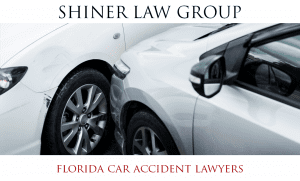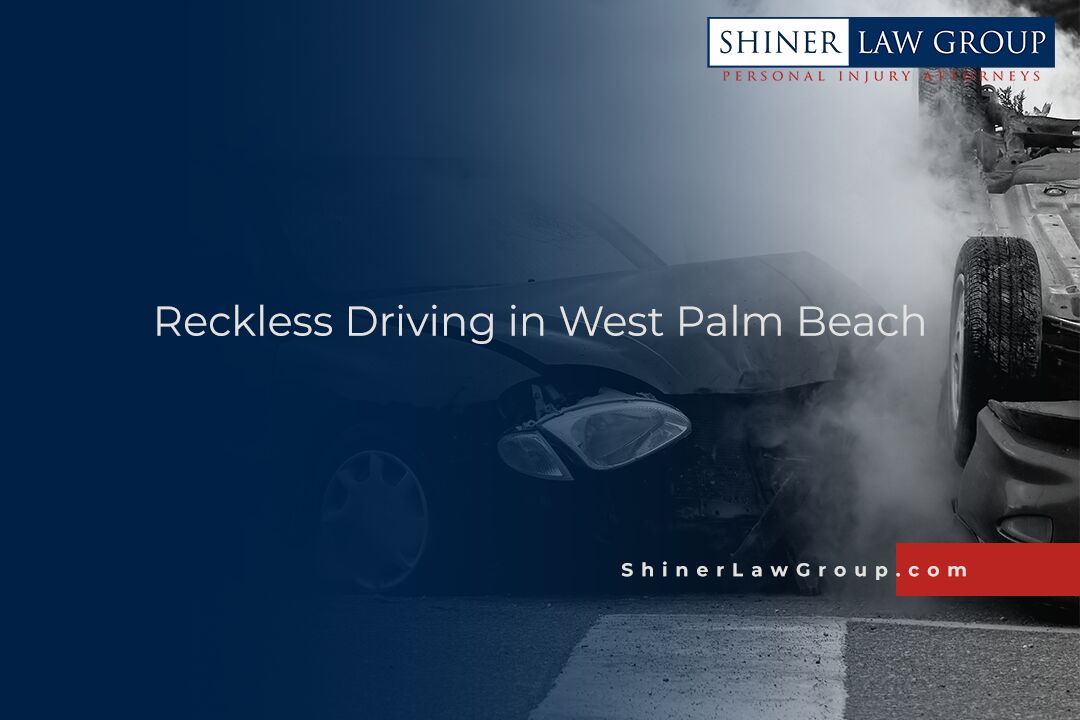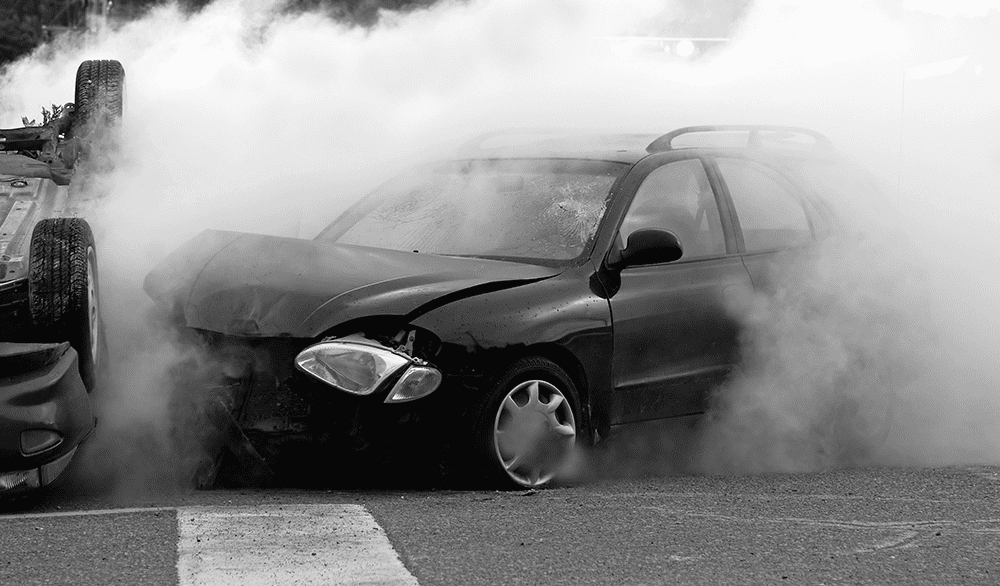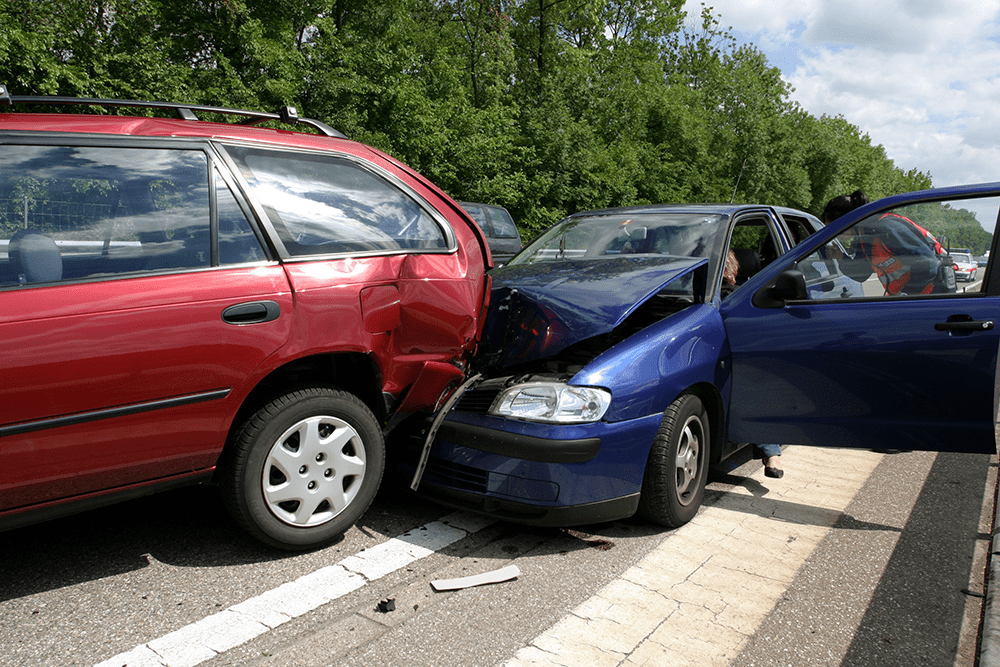With tons of beach-goers and nightlife in West Palm Beach, you’re likely to see some reckless driving. You might even be the victim of a reckless driving accident.
Mixing the hot sun with booze—or even sitting in the sun all day, then heading out to the clubs at night—means that there are going to be more people driving under the influence. Compound this with our notorious WPB traffic, and you also have people getting impatient. These drivers might quickly switch lanes in an attempt to get out of a traffic jam, tailgate, or even speed.
Table Of Contents
- 1 Florida Reckless Driving
- 2 What is Willful or Wanton Conduct?
- 3 Examples of Reckless Driving
- 4 Proving Reckless Driving
- 5 Why Should I Hire a Car Accident Lawyer?
- 6 The Difference Between Reckless Driving and Careless Driving
- 7 Reckless Driving Injuries
- 8 How Much Compensation Can a Reckless Driving Accident Victim Recover?
- 9 Time Frames for Recovering Damages
- 10 Dealing With Insurance Companies
Florida Reckless Driving
Florida Statute 316.192 defines reckless driving as anyone driving in a “willful or wanton disregard” for the safety of others or others’ property. This includes fleeing from a law enforcement officer, and is called “reckless driving per se.”
Those who face reckless driving charges could face up to 90 days in jail and/or a maximum of a $500 fine. A second offense garners imprisonment for up to six months and/or a fine of up to $1,000.
Reckless driving that causes damage to property or another person is a first-degree misdemeanor. If the driver causes serious bodily injury to someone because of reckless driving, he or she could face third-degree felony charges. If a driver is found to be under the influence of drugs or alcohol and driving recklessly, the court could require the driver to complete a DUI program substance abuse education class.

What is Willful or Wanton Conduct?
If conduct is willful, that means that the defendant’s actions are intentional. The defendant knew what he or she was doing was wrong and did it purposefully. On the other hand, wanton conduct means that the driver might not mean to cause an accident but still drove recklessly. While the action of reckless driving is purposeful, the accident is not.
Examples of Reckless Driving
Not all bad driving behavior is reckless. Sometimes a person is just driving carelessly. Some examples of reckless driving include:
- Evading law enforcement.
- Passing where it is prohibited or otherwise unsafe.
- Driving under the influence of drugs, alcohol, or illicit substances.
- Improper and excessive lane changing.
- Speeding in combination with other careless or reckless behaviors.
- Following too closely.
- Crossing a median.
- Passing traffic on the shoulder.
- Suddenly changing speeds.
- Driving on sidewalks.
- Cutting off someone with the right of way (failing to yield).
- Improper turns.
The police might consider other actions or inactions as reckless behavior.

Proving Reckless Driving
You can recover damages under a reckless driving claim or negligence even when the state prosecutes the claim. The state’s charges come under the criminal court system while you file your personal injury claim in civil court.
You might get some evidence, but might also need your West Palm Beach attorney to obtain more. What you cannot get yourself, your lawyer can find during the investigation and discovery processes.
Evidence that can help you prove the at-fault driver was recklessly driving includes:
- A copy of the police report. You can get a copy of your police report online.
- Tickets the other driver received. You can get copies of the Why Should I Hire a Car Accident Lawyer?
Not all personal injury lawyers work on all types of personal injury cases. Each type of case has its differences. A medical malpractice claim needs different expertise than a truck driving accident. Reckless driving wrecks also need special expertise in that Florida has laws that pertain to reckless driving.
A West Palm Beach attorney with experience in handling reckless driving cases can help you prove that the driver’s behavior was reckless, find out if other defendants might share in the responsibility for your injuries, gather evidence, and will make sure you get the compensation you deserve.
Additionally, a reckless driving attorney will negotiate with the insurance company for you, thus removing the stress of you trying to negotiate fair compensation yourself. Finally, if the insurance company attempts to deny your claim or refuses to offer a fair and reasonable settlement, a reckless driving attorney can file a lawsuit on your behalf.
The Difference Between Reckless Driving and Careless Driving
While reckless driving is not well-defined in statutes, Florida boasts significant case law where courts deemed certain behaviors as reckless driving.
For example, speeding by itself is not usually considered reckless driving. However, if you are speeding and weaving in and out of traffic or speeding while eluding the police, an officer could arrest you for reckless driving.
Your attorney can research your case, including finding case law, to help prove that the defendant’s drive was reckless.
Reckless Driving Injuries
Because reckless driving involves a driver who does not care about others’ safety, injuries are often more severe. A reckless driver could sideswipe you while aggressively changing lanes, pass in a no-passing zone and hit you, or even rear-end you at high speeds if he or she is eluding the police. These are only some of the types of reckless driving wrecks that could cause injuries.
The injuries you might suffer in a reckless driving crash could range from minor to catastrophic, or even death.
Injuries include:
- Bumps, bruises, cuts, scratches, and scrapes.
- Strains and sprains.
- Face and eye injuries.
- Pulled muscles, torn muscles, and other soft tissue injuries.
- Simple and compound fractures.
- Chest injuries.
- Head, neck, and shoulder injuries.
- Traumatic brain injuries.
- Back and spinal cord injuries.
- Amputation, whether from crushed bones or infection of open accident wounds or surgical wounds.
- Chemical and/or thermal burns.
- Wrongful death.
You could also suffer from secondary injuries, such as infections, especially if you have an underlying condition that lowers your white cell count. Diabetes and immunodeficiencies, along with certain medications, such as chemotherapy, could all contribute to slow-healing wounds that quickly become infected.
Your accident injuries could also exacerbate existing injuries or diseases. The at-fault driver would likely also hold responsibility for your medical expenses for exacerbated injuries and diseases because you would not suffer from the extra pain and have the additional medical expenses if the driver’s recklessness had not caused the wreck.
How Much Compensation Can a Reckless Driving Accident Victim Recover?
The amount of compensation you recover depends on several factors, including the severity of your injuries, whether you lost a loved one in a reckless driving accident, or if the court determines the driver’s actions were grossly negligent or intentional.
You could collect compensatory damages or punitive damages. The court orders compensatory damages in an attempt to make you whole again. Special damages and general damages are the two types of compensatory damages the court could order. While the money does not remove your injuries or bring back a loved one, it significantly reduces the financial stress of having less money coming into the household.
Economic Damages
Special damages, often referred to as economic damages, have a monetary value and include:
- Past medical expenses for those you incurred because of the reckless driving wreck and before a settlement or a trial award.
- Future medical expenses for those you incurred because of the reckless driving wreck and that you expect to incur after a settlement or a trial award. Medical expenses also include physical, occupational, and cognitive, and other psychological therapies.
- Past lost wages for those you lost from the time of the accident until the time you settle or obtain a trial award.
- Future lost wages for those you expect to lose after a settlement or a trial award. You could also collect partial future lost wages if you can work, but not at the same hourly rate or salary as before the reckless driving accident.
- Replacement or repair of destroyed or damaged personal property, including your vehicle and anything of value in the vehicle.
- Funeral, burial, and/or cremation expenses if you lost a loved one in a reckless driving crash.
Non-Economic Damages
General damages, often referred to as non-economic damages, do not have a monetary value and include:
- Pain and suffering, including emotional distress.
- Loss of quality of life, should your injuries and disabilities require you to take medication, use ambulatory aids, or make other life-long changes.
- Loss of companionship if you cannot enjoy or take part in family activities and events.
- Loss of consortium if you can no longer have a physical relationship with your spouse.
- Amputation of a digit or a limb.
- Inconvenience if you have to hire someone to do the chores you normally do, including home maintenance and repair, house cleaning, lawn maintenance, and grocery shopping.
- Disfigurement and/or excessive scarring.
- Total or partial paralysis.
Time Frames for Recovering Damages
While Florida Statutes allow you up to two years to file a lawsuit to recover damages after an accident or a wrongful death, the insurance company might give you much less time to file a claim.
The amount of time an insurance company gives you depends on your policy. And, should you have to collect from your policy and the defendant’s policy, they could have different time frames. For example, your insurance company might give you 30 days to file a claim, while another person’s insurance policy might give you 20 days to file a claim.
You can notify the insurance companies that you suffered injuries in an accident and that your attorney will file a claim on your behalf. However, you will still have to start the claim process by the insurance company’s deadline.
Dealing With Insurance Companies
While we recommend allowing us to contact the insurance companies for you, you can choose to notify them of an impending claim. However, give the insurance companies only your name, policy number, the policy number, insurance company information for the other drivers involved in the reckless driving wreck, your contact information, the date and location of the wreck, and your attorney’s contact information.
Insurance companies—even your own—are in business to make a profit. Every claim they pay out means less money in their pockets. The representative will pressure you into making a statement or signing a medical release. Regardless of how much pressure he or she puts on you, continue referring the insurance company to your attorney.
One of the tricks insurance companies use is to twist what you tell them to try to place the blame for the wreck at your feet. Attorneys know these insurance companies pull this and other stunts, so they are less likely to fall for them than the average layperson.
Settling My Case

Car Accident Attorney, David Shiner
Many people believe that settling their cases on their own will save them money. In most cases, those who try to negotiate their own settlements leave money on the table. Even if you believe your injuries are minor, you could end up with such a low settlement amount that it won’t cover all of your medical expenses. That is bound to happen if your doctors believe that your injuries will lead to long-term or permanent disabilities.
At credible car accident law firms, you do not pay for attorney’s fees unless they secure compensation for you. Your initial case evaluation is also free. Do not let the insurance companies take advantage of you and keep you from recovering the compensation you deserve. Contact a West Palm Beach car accident lawyer today for more information.



